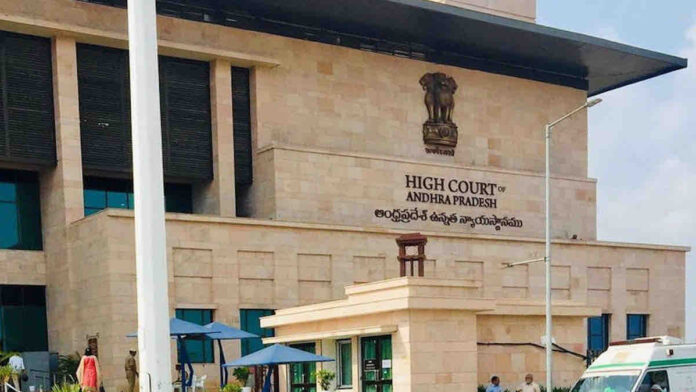In a significant decision, the Andhra Pradesh High Court has ruled that a defendant cannot be prevented from presenting arguments in an ongoing case, even if an ex-parte order has been passed against them. The ruling came in response to Civil Revision Petition Nos. 1933 and 1934 of 2024, involving a dispute between M/s. Navayuga
To Read More Please Subscribe to VIP Membership for Unlimited Access to All the Articles, Download Available Copies of Judgments/Order, Acess to Central/State Bare Acts, Advertisement Free Content, Access to More than 4000 Legal Drafts( Readymade Editable Formats of Suits, Petitions, Writs, Legal Notices, Divorce Petitions, 138 Notices, Bail Applications etc.) in Hindi and English.




